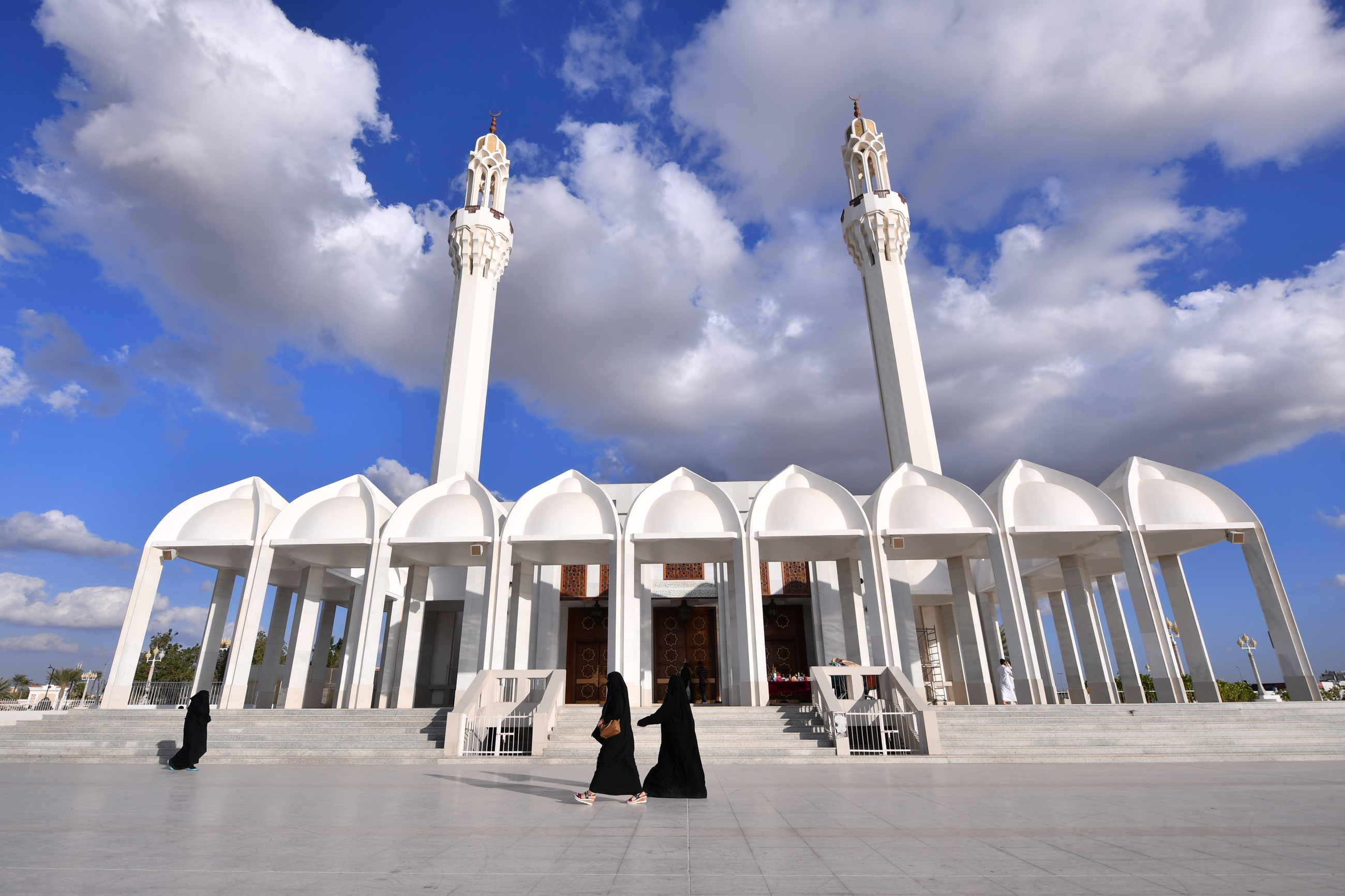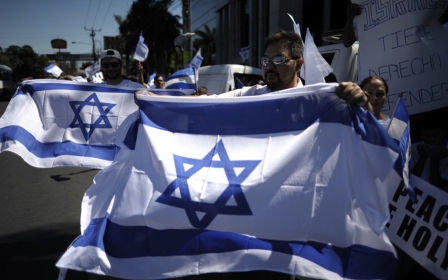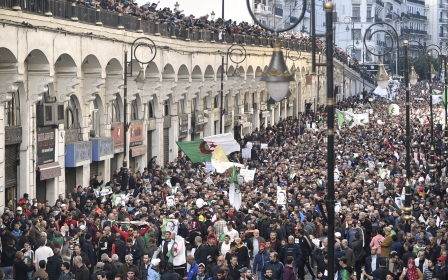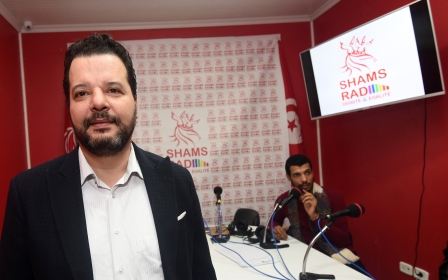Arabic press review: Saudi Arabia bans families of detainees from travel

Saudi Arabia imposes travel ban on families of detainees
Saudi activists have launched a campaign on Twitter calling for the government to lift a travel ban imposed on families of political detainees, reported news site Arabi21.
Through the campaign #Rescue_Travel _Ban_ Hostages, activists have claimed there are no legal reasons for authorities to prevent families of detainees from travelling.
Activists say the authorities fear that if they allow any family member to travel, there will be more calls demanding the release of the detainees.
The families of the detainees, such as Salman al-Awdah and Lujain al-Hathloul, as well as some of those released, such as Dr Walid Fitaihi, the academic resident abroad, Ahmed bin Rashid bin Saeed, the oppositionist, Saeed bin Nasser al-Ghamdi, and others, could not travel at all, according to Arabi21.
New MEE newsletter: Jerusalem Dispatch
Sign up to get the latest insights and analysis on Israel-Palestine, alongside Turkey Unpacked and other MEE newsletters
Ghamdi has repeatedly complained that the authorities prevented his family from travelling and that he had been forcibly kept away from them, as he expected arrest if he returned to Saudi Arabia.
Some relatives living outside the kingdom have taken to Twitter to demand their loves ones' release, such as Salman al-Odeh’s son, and Hathloul’s siblings.
Egypt builds barriers to prevent smuggling
Tribal sources and eyewitnesses in Sinai have revealed that the Egyptian army has begun buildling a maritime barrier on the water border with the Gaza Strip, in order to tighten control and prevent smuggling into the besieged enclave, reported The New Arab.
The sources claimed the barrier extended 6km deep into the sea. The waters are monitored by the Israeli army and Egyptian navy units.
Egyptian military forces have tightened security procedures at sea following the closure of tunnels that extended along the border between Egypt and Gaza. Food, medicine and other supplies were brought into the Gaza Strip through those tunnels.
The sources also indicated that the work on the maritime barrier coincides with the construction of a new 6m-high concrete wall on the land border between the Gaza Strip and Sinai, according to The New Arab.
The new wall will be in addition to two other walls built previously.
Tennis sparks controversy in Tunisia
A tennis match between Tunisian and Israeli players has sparked widespread controversy among Tunisians, with Tunisia's foreign ministry denouncing the event and calling it a "normalisation act", according to the London-based paper al-Quds al-Arabi.
'… a violation of Tunisia's pledges and historical obligations towards the just Palestinian cause'
- Tunisia's foreign ministry
Other politicians in Tunisia have said it was illogical to boycott all international conferences and events because Israel was taking part, the paper also reported.
The Tunisian tennis players, Ons Jabeur and Shiraz Al-Bishri, competed against two Israeli players on three occasions in the World Cup of Tennis tournament currently being held in Finland.
The Tunisian team defeated their Israeli opponents two games to one.
The foreign ministry said the tournament between the two sides was "a violation of Tunisia's pledges and historical obligations towards the just Palestinian cause and a contradiction to the official position of the Tunisian state supporting the rights of the brotherly Palestinian people".
Sources indicated that the Tunisian ministry of sports and youth affairs requested the team withdraw from the tournament, pointing out Tunisia’s firm rejection of normalisation with Israel.
However, the Tunisian Tennis Federation has refused the ministry’s request for fear of sanctions by the International Tennis Federation.
Amnesty for prisoners in Algeria
Algerian President Abdelmadjid Tebboune has issued a presidential pardon for 6,294 prisoners, in a second decree to grant amnesty, bringing the number of those exempted in February to nearly 10,000, reported Algerian newspaper El-Khabar.
A statement issued by the president’s office said: "President Tebbboune signed a presidential decree that included amnesty measures for a second group of 6,294 prisoners, whose verdicts have been finalised, with a remaining period of imprisonment equal to or less than 18 months.
"Accordingly, the total number of detainees who benefited from amnesty, according to the current presidential decree and the previous one, issued on 1 February, becomes 9,765," it added.
The previous amnesty decree included 3,471 prisoners whose remaining period of imprisonment was equal to or less than six months.
The Algerian presidential pardon excluded "persons convicted with crimes of terrorism, treason, espionage, murder, drug trafficking and a number of other major felonies".
Middle East Eye delivers independent and unrivalled coverage and analysis of the Middle East, North Africa and beyond. To learn more about republishing this content and the associated fees, please fill out this form. More about MEE can be found here.




